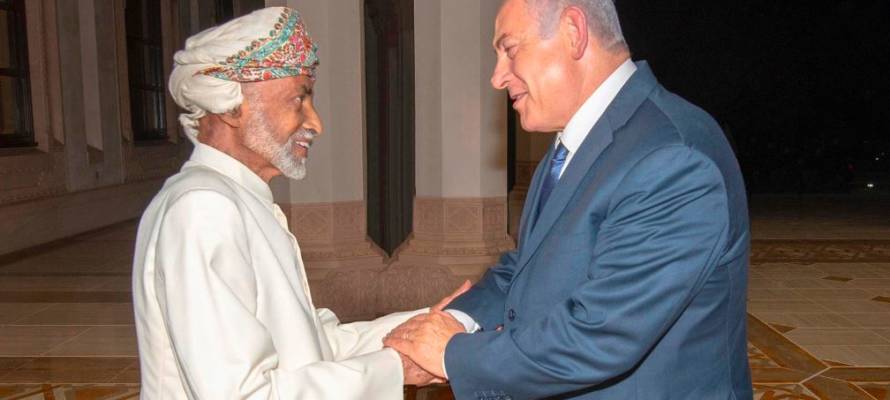How did Israel, which appeared to be heading towards political isolation, become the rising star in international diplomacy?
By Daniel Krygier, United with Israel
Many critics in Israel and abroad have warned for years that Israel was heading towards increased political isolation. Yet while the Jewish state still faces much hostility, reality has proven the critics wrong. Countries with no diplomatic ties to Jerusalem are standing in line to establish relations with Israel and reap the benefits.
Chad, a Muslim state, is the latest example of newly established cooperation with the Jewish state.
So how did Israel become the rising star in international diplomacy?
Israel successfully pushed back against the Arab aggression during the 1967 Six Day War and the 1973 Yom Kippur War. However, in terms of diplomacy, Israel lost. Most of the Soviet Communist bloc and much of the Third World sided with the Arabs and severed relations with Jerusalem. Due to significant political pressure from Arab oil-producing states, many companies in the West and Japan avoided doing business with Israel for decades. As a result, Israel existed in a state of political limbo with seemingly no end in sight.
Four key things changed everything.
The first crucial game changer was the collapse of the Soviet empire. Almost overnight, Israel’s Middle Eastern enemies lost their main political and military supporter in Moscow. Giants like China and India, which had boycotted Israel for decades, quickly established relations with the Jewish state. Many other countries hurried to establish ties with Jerusalem, including Russia itself and the former Communist Eastern European countries.
The second game changing factor was Israel’s emergence as a technological powerhouse. In the past, many countries that depended on Middle Eastern oil imports had avoided doing business with Israel. In addition, yesterday’s Israel was mainly associated with agricultural products like the iconic Jaffa oranges. Over the past three decades, however, Israel’s economy was transformed dramatically, and the Jewish state’s cutting-edge technologies and expertise are in demand worldwide.
The third critical factor was Israel’s successful absorption of more than one million Russian-speaking Jews from the former Soviet republics. Many of the Jewish immigrants were well educated and gradually contributed disproportionally to Israel’s booming high-tech economy. Israel’s thriving start-up scene benefited greatly from highly educated Jewish immigrants from Russia and its former Soviet satellite states.
The fourth factor was the emergence of Iran as a regional and global threat that brought the Sunni Arab world closer to Israel. Gradually, Saudi Arabia and other Arab states that lack formal diplomatic relations with Jerusalem were increasingly seeking tacit cooperation with the Jewish state.
In addition to confronting the Iranian threat, many Arab states are interested in benefiting from Israel’s technological expertise. As a result, Prime Minister Benjamin Netanyahu was recently welcomed to the Gulf state of Oman. Minister of culture Miri Regev was received by the United Arab Emirates. For the first time, Israel’s national anthem was performed during a sports event in the UAE.
Last month, Brazil’s newly elected president vowed to move that country’s embassy to Jerusalem.
The Boycott, Divestment and Sanctions (BDS) movement has largely failed because Israel has simply become too valuable a player in the international arena to be ignored or shunned.
Bring Joy to Israeli Soldiers - Send Winter Care Packages!
We are honored to thank the young men and women of the IDF who risk their lives every day to defend the citizens of Israel.
Join us in sending winter care packages and personal notes of support to Israeli soldiers who are out in the cold all day.
Warm up a soldier's heart with essential winter wear including fleece jackets, hats, gloves and more. Keep an entire unit warm!
THE SOLDIERS REALLY APPRECIATE YOUR LOVE AND CONCERN!
Click Here to Send Your Gift and Personal Note to Israeli Soldiers

